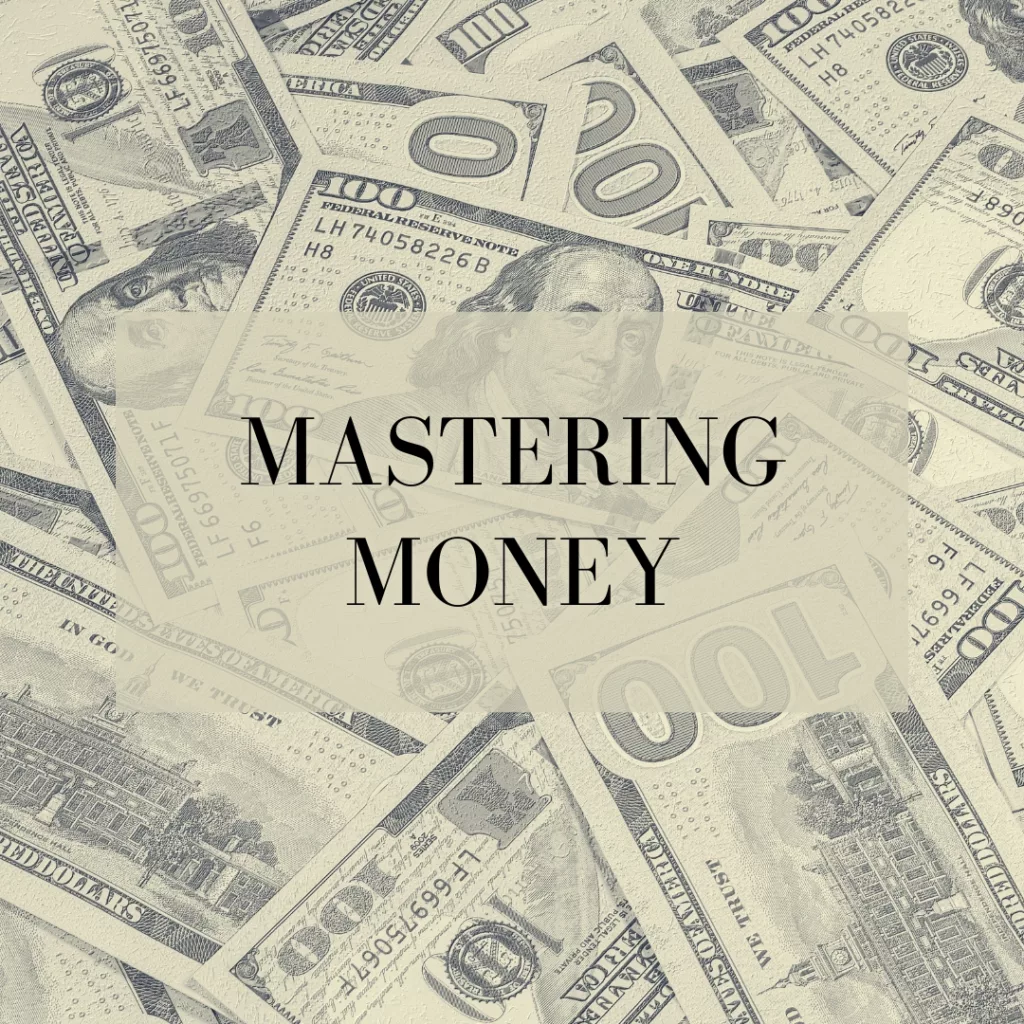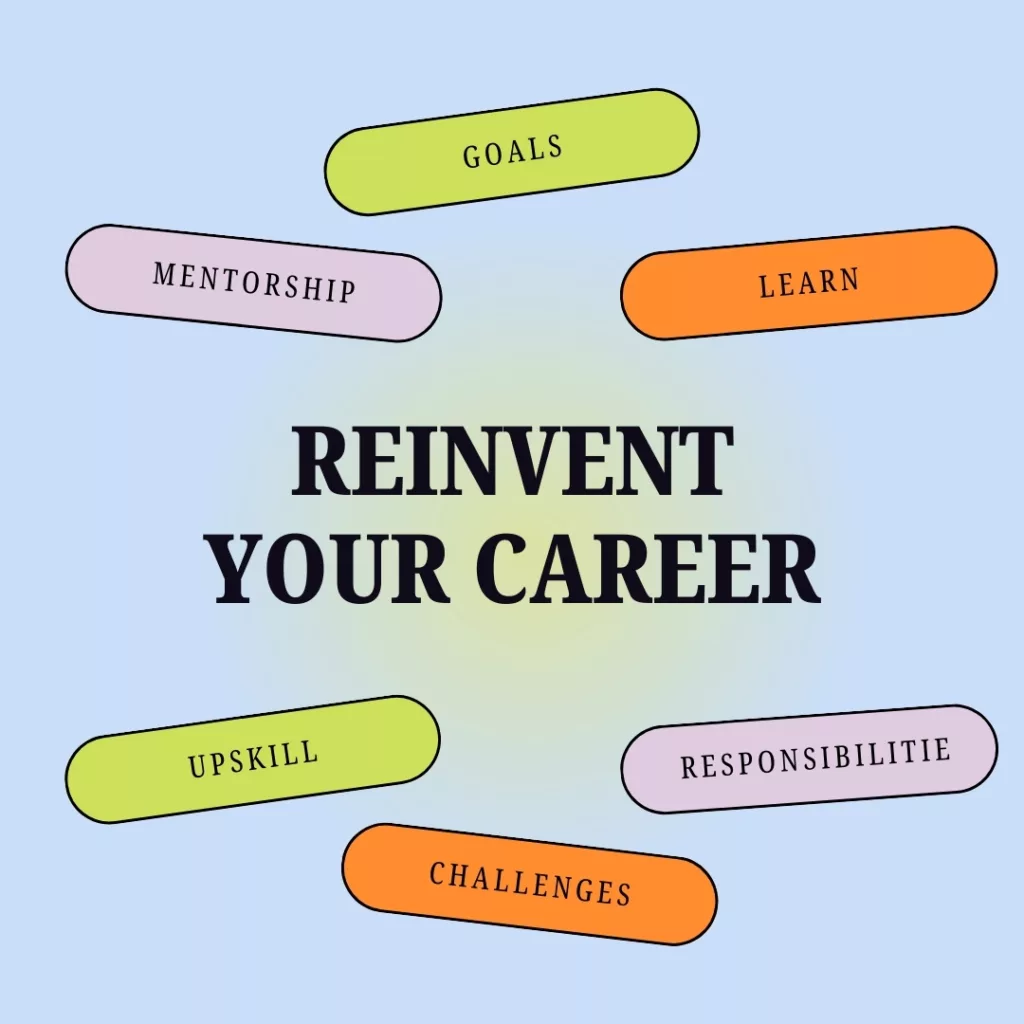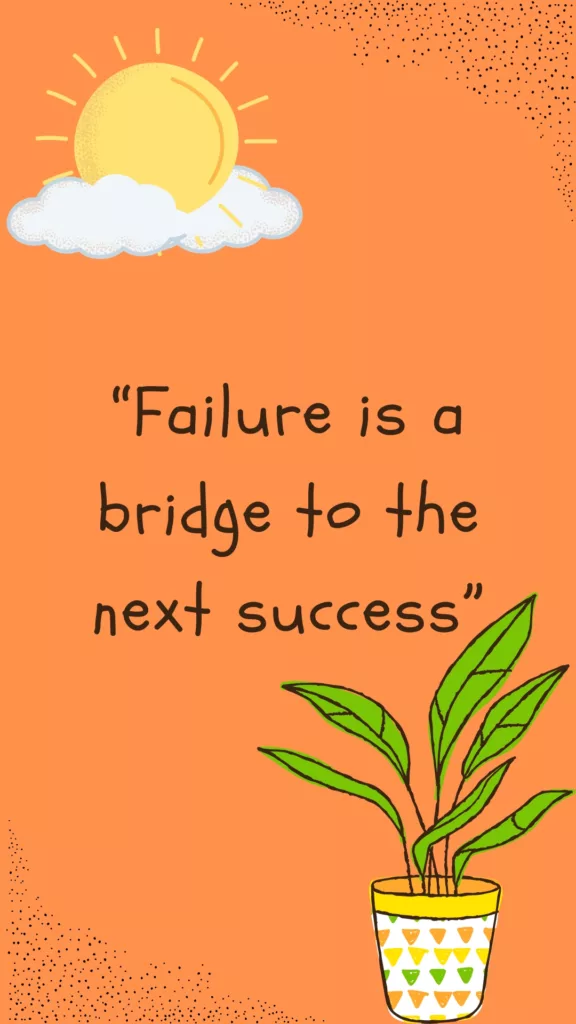Reinvent Yourself: In a world that’s constantly evolving, staying stagnant is no longer an option. The ability to adapt, reinvent, and continuously grow has become crucial for survival and success. In his thought-provoking book, “Reinvent Yourself,” legendary author and entrepreneur James Altucher explores the transformative power of reinvention, offering practical advice and personal insights on how to navigate the ever-changing landscape of life and create a meaningful and fulfilling existence.
Altucher understands firsthand the challenges and opportunities that arise from reinvention. As a serial entrepreneur who has experienced countless career changes, investment successes, and failures, he brings a unique perspective to the table. Through his witty and engaging writing style, Altucher combines personal anecdotes, philosophical musings, and practical exercises to guide readers on a journey of self-discovery, reinvention, and personal growth.
“Reinvent Yourself” serves as a wake-up call for those who are stuck in a rut or feeling unsatisfied with their current circumstances. Altucher’s no-nonsense approach and candid storytelling will inspire readers to embrace change, let go of self-limiting beliefs, and explore new paths with a sense of curiosity and adventure. Whether you’re seeking career fulfillment, improved relationships, or enhanced overall well-being, this book will provide you with the tools, insights, and motivation needed to reinvent yourself and design the life you truly desire. Get ready to defy expectations, challenge the status quo, and embark on a transformative journey of personal reinvention.
About the Author and Style of Writing
James Altucher, the author of “Reinvent Yourself,” is a renowned entrepreneur, angel investor, and writer. He is known for his unfiltered, honest, and thought-provoking writing style. Altucher’s distinctive voice and unique perspective make his books and articles stand out in the field of personal development and self-improvement.
Altucher’s writing is engaging and conversational, making complex concepts easy to grasp and relatable to readers. He combines personal anecdotes, humor, and sharp insights to deliver his message effectively. Altucher isn’t afraid to share his own failures and struggles, which adds authenticity and credibility to his words. His vulnerability helps readers connect with him on a deeper level and feel inspired to make positive changes in their own lives.
One notable aspect of Altucher’s writing is his ability to blend a data-oriented approach with emotional storytelling. He often supports his ideas and advice with research and data, providing a solid foundation for his arguments. However, he balances this with heartfelt storytelling and personal experiences, making his writing both informative and emotionally impactful.
Altucher’s style is also characterized by his unique blend of optimism and realism. While he encourages readers to pursue their dreams and reinvent themselves, he doesn’t shy away from acknowledging the challenges and setbacks that come along the way. Altucher’s writing offers a realistic perspective on personal growth, highlighting the need for resilience, adaptability, and embracing failure as part of the journey.
Reinvent Yourself : Chapter Wise Summary
Chapter 1: Introduction to Reinvention
In the first chapter of “Reinvent Yourself” by James Altucher, the author introduces the concept of reinvention and emphasizes the importance of constant change and adaptation in today’s fast-paced world. Altucher shares his personal experiences of going through multiple reinventions in various areas of his life, whether it’s in career, relationships, or personal growth. He highlights the importance of being open to new possibilities and being willing to let go of old identities and beliefs to create a better future.
Altucher begins the chapter by stating, “In the real world, nobody cares about excuses. You’ve got to do what it takes to become the person you want to become.” He emphasizes that in order to reinvent ourselves successfully, we must take responsibility for our own transformation and not rely on external factors or make excuses for not making the necessary changes.
To illustrate the importance of reinvention, Altucher shares the story of musician David Bowie. He quotes Bowie who once said, “I’m reinventing myself as often as possible, that’s my only real objective.” Bowie’s ability to continuously evolve his image and musical style throughout his career is a testament to his commitment to reinvention and staying relevant.
Altucher uses his own career journey as an example of the need for reinvention. He shares how he went from being a successful hedge fund manager to losing everything and having to reinvent himself multiple times. He states, “I had to reinvent myself or I wasn’t going to survive. Reinvention became a necessity.“
The author also highlights the importance of shedding old identities and beliefs that may hold us back. He coins the term “identity bankruptcy” and suggests that letting go of attachments to our past selves opens up new opportunities for growth. Altucher writes, “You have to throw out your old identities. You can’t keep banking on who you used to be.”
Throughout the chapter, Altucher emphasizes the idea that reinvention is not a one-time event but an ongoing process. He states, “We don’t just reinvent ourselves once and then we’re done. We reinvent ourselves every day.” This notion underlines the need for continuous self-reflection, learning, and adaptation to keep up with the ever-changing world around us.
Chapter 2: The Renaissance Ideal

Altucher delves into the concept of the Renaissance Ideal in this chapter, drawing inspiration from the historical period known for its emphasis on learning, exploration, and innovation. He encourages readers to become lifelong learners and diversify their knowledge in various fields. Altucher stresses the importance of embracing curiosity, cultivating a wide range of interests, and continuously expanding one’s skill set to stay relevant in today’s rapidly evolving world.
Altucher begins the chapter by stating, “We are all born curious. But curiosity only survives if it is cultivated.” He highlights the importance of nurturing our innate curiosity and continuously seeking new knowledge and experiences. Altucher offers concrete examples of how curiosity can lead to breakthroughs, citing the likes of Leonardo da Vinci, who studied various fields including art, anatomy, engineering, and mathematics.
The author underscores the need to cultivate a wide range of interests. He states, “Being a generalist is an asset. In fact, it is essential for success in a world that is constantly changing.” Altucher illustrates this point by sharing his own experiences, discussing how his diverse interests and knowledge in multiple fields have allowed him to connect ideas and discover unique solutions.
Altucher also discusses the concept of the “adjacent possible,” a term coined by biologist Stuart Kauffman. He explains that by exploring adjacent fields and learning different disciplines, individuals can uncover opportunities that were previously hidden. Altucher uses the example of Steve Jobs, who drew inspiration from calligraphy when designing the first Macintosh computer, demonstrating how knowledge from diverse domains can be applied to create groundbreaking innovations.
Furthermore, Altucher emphasizes the importance of embracing failure as a means of learning and growth. He states, “Failure opens up new possibilities and forces you to reinvent and adapt.” He shares stories of famous individuals like Thomas Edison, who famously said, “I have not failed. I’ve just found 10,000 ways that won’t work.” Altucher argues that by embracing failure and seeing it as a stepping stone rather than a setback, individuals can become more resilient and open themselves up to new opportunities.
To put the Renaissance Ideal into practice, Altucher provides practical advice and exercises. He suggests reading books from different genres, attending conferences and lectures on varied topics, and engaging in activities outside of one’s comfort zone. Altucher believes that by diversifying our knowledge and experiences, we can stay adaptable, innovative, and relevant in today’s rapidly changing world.
Chapter 3: Becoming an Idea Machine

In this chapter, Altucher introduces the concept of becoming an “idea machine.” He encourages readers to generate ideas regularly, even if most of them may seem silly or impractical. By actively practicing brainstorming and idea generation, he argues that individuals can enhance their creative thinking abilities and discover innovative solutions to various challenges. Altucher provides practical tips and exercises to develop this skill, such as carrying a notebook and jotting down ten ideas every day.
Altucher starts the chapter by stating, “The idea muscle atrophies with inactivity. So, I decided to exercise it.” He shares how he made it a daily habit to come up with ten ideas every day and recounts how this simple practice transformed his thinking process.
To illustrate the power of becoming an idea machine, Altucher shares the story of Noah Kagan, the founder of Sumo.com. Noah attributes much of his success to the practice of generating ideas every day. He explains that his idea generation habit led him to create multiple businesses, become a successful entrepreneur, and launch a thriving company.
Altucher provides practical tips for readers to develop their idea muscles. He suggests carrying a small notebook and jotting down at least ten ideas every day, no matter how crazy or far-fetched they may seem. He emphasizes the importance of quantity over quality, as even a few good ideas among many mediocre ones can still be valuable.
In addition to the daily idea generation habit, Altucher recommends expanding one’s interests and knowledge in various fields. He states, “The brain is always pattern-matching. The more patterns it has to match against, the better.” By exploring different subjects and diversifying our knowledge, we can make connections and generate more innovative ideas.
Altucher emphasizes that idea generation is not limited to business or entrepreneurial pursuits. He encourages readers to generate ideas in all aspects of life, including personal growth, relationships, and hobbies. He provides examples such as coming up with ideas to improve relationships with family members or creating unique date night experiences.
The author acknowledges that not all ideas will be winners, and that’s perfectly fine. He stresses that the goal is not to necessarily act on every idea, but rather to exercise the idea muscle and train ourselves to think creatively. Altucher believes that even the most bizarre ideas can lead to a valuable insight or spark a new direction.
Altucher shares his own experiences of generating ideas and how they have influenced his life. He explains how his idea machine practice led him to create various successful businesses, write books, and explore new ventures. Through personal anecdotes, he demonstrates how consistently generating ideas has opened up opportunities and transformed his mindset.
Chapter 4: The Daily Practice
Altucher explains the importance of developing a daily practice to nurture one’s physical, emotional, and mental well-being. He shares his own daily practice, which includes activities like gratitude journaling, physical exercise, and reading. According to Altucher, establishing and sticking to a routine helps in maintaining focus, boosting creativity, and improving overall productivity. He emphasizes the need to prioritize self-care and self-improvement, as these are crucial for personal growth and reinvention.
Altucher begins by sharing his own daily practice, which includes activities like gratitude journaling, physical exercise, and reading. He emphasizes that these practices are not mere habits but rather vital components that contribute to his overall well-being and success. Altucher believes that by dedicating time each day to these practices, individuals can experience transformative changes in their lives.
To support his arguments, Altucher provides several quotes and examples from the book:
1. “I was able to push my mind away, let go of the noise, focus on nothing else but taking deep breaths, and sweat.”
Altucher emphasizes the importance of physical exercise in his daily practice. He shares his experience of engaging in intense workouts to release endorphins, reduce stress, and boost his mood. By prioritizing exercise, he believes individuals can improve their physical health, mental clarity, and overall well-being.
2. “When I started journaling a few years ago, I thought it was just another distraction…it became the one thing that organized all of my thoughts.“
Altucher highlights the power of gratitude journaling in his daily practice. He explains how writing down what he is grateful for each day has transformed his mindset and helped him appreciate the present moment. By focusing on gratitude, he believes individuals can shift their perspective and cultivate a positive mindset, enabling them to navigate challenges more effectively.
3. “Reading teaches me something new. It reminds me there is beauty in the written word and thoughts can change the world.“
Altucher emphasizes the role of reading in his daily practice. He shares his love for books and the knowledge and inspiration he gains from reading a variety of genres. Altucher believes that reading stimulates the mind, enhances creativity, and expands one’s perspective. By incorporating reading into our daily routine, he suggests that we can continuously learn and grow.
4. Altucher provides practical advice on how to develop a daily practice:
– Start with just one activity: Altucher suggests choosing one practice to focus on initially, making it easier to form a habit.
– Experiment and adjust: He encourages readers to experiment with different activities and find what works best for them. It’s essential to be flexible and willing to modify the routine as needed.
– Be forgiving: Altucher emphasizes the importance of not being too hard on oneself if a daily practice is missed. He advocates for self-compassion and the realization that everyone has off days.
Throughout the chapter, Altucher reinforces the idea that a daily practice is not a rigid set of rules but rather a customizable routine tailored to individual needs and preferences. The key is to be consistent and make these practices a non-negotiable part of one’s daily life.
By adopting a daily practice that nurtures their well-being, individuals can boost their focus, productivity, and overall happiness. Altucher demonstrates that these small, intentional actions can accumulate over time and lead to significant personal growth and reinvention.
Chapter 5: Building Authentic Relationships

This chapter focuses on the significance of building authentic relationships for personal and professional success. Altucher shares his insights on networking and offers practical advice on how to establish genuine connections with people. He stresses the importance of being kind, genuine, and generous in our interactions, as well as nurturing relationships with mentors who can offer guidance and support. Altucher also emphasizes the importance of maintaining boundaries and surrounding oneself with positive influences.
Altucher begins by stating, “The most valuable asset you can have is your network“. He highlights the significance of cultivating a strong network and explains how meaningful relationships can open doors to new opportunities. Altucher encourages readers to build connections based on authenticity, generosity, and kindness.
One of the key ideas Altucher presents in this chapter is the power of offering value to others. He explains, “When you’re introducing someone to someone else, introduce them with a unique value proposition“. Altucher suggests thinking creatively about how you can add value to those in your network by connecting them with relevant resources, opportunities, or expertise. By doing so, you become someone others want to connect with, creating a reciprocal and mutually beneficial relationship.
To illustrate the importance of genuine connections, Altucher shares a personal anecdote about meeting someone at a conference who would later become a valuable mentor and advisor. He recalls, “This person was crucial to my life and career. Without him, I would have never accomplished much of what I have“. This story highlights the potential impact of authentic relationships and how they can greatly influence one’s personal and professional growth.
Altucher also stresses the significance of surrounding oneself with positive influences. He explains, “The people we spend time with influence our thoughts, feelings, and actions”. He advises readers to distance themselves from toxic individuals and actively seek out those who inspire and uplift them. By surrounding oneself with positive influences, it becomes easier to maintain a healthy mindset and cultivate meaningful connections.
Additionally, Altucher emphasizes the importance of maintaining boundaries in relationships. He advises readers to be selective about who they let into their lives and to prioritize quality over quantity. Altucher explains, “Having a few deep relationships is much more important than having a thousand superficial ones“. By investing time and energy in cultivating genuine connections, individuals can create a network of trusted individuals who will support and guide them on their reinvention journeys.
Chapter 6: Mastering Money

Altucher explores the topic of money and financial well-being in this chapter. He shares his personal experiences with entrepreneurship, investing, and wealth creation, emphasizing the need to develop multiple streams of income. Altucher provides insights on overcoming fears related to money and offers practical tips on budgeting, saving, and investing wisely. He encourages readers to adopt a growth mindset when it comes to money and to continually educate themselves in the field of finance.
Altucher emphasizes the importance of developing multiple streams of income. He states, “The key to wealth is six incomes: income from a business, income from stocks, income from real estate, income from writing, income from consulting, and income from royalties“. By diversifying income sources, individuals can create a more stable and sustainable financial situation.
Altucher also encourages readers to adopt a growth mindset when it comes to money. He asserts, “Don’t worry about the value of money. The value of money is the value of the skills you build up every day”. This mindset advocates continuous learning and skill development as a means to increase income and financial security.
In the book, Altucher shares his own experiences with entrepreneurship and highlights the importance of taking calculated risks. He illustrates this with an example from his own life, stating, “I invested in 30 different companies and lost money in 29 of them. But the one company that worked out made more money than the bottom 29 combined“. This example demonstrates the potential rewards of taking risks and exploring entrepreneurial opportunities.
Altucher also emphasizes the importance of financial education. He encourages readers to continuously educate themselves in the field of finance, stating, “The more you know about money and investing, the more flexible you can be in changing economic times“. By deepening their understanding of financial principles and staying informed about market trends, individuals can make more informed decisions regarding their investments and overall financial well-being.
Furthermore, Altucher discusses the psychological aspect of money and the emotions associated with it. He challenges readers to examine their relationship with money and confront any fears or limiting beliefs they may have. Altucher advises, “Fear of money is just fear of security, fear of dying, fear of not having enough”. By addressing these fears and reframing their mindset, individuals can develop a healthier and more empowered relationship with money.
Chapter 7: Reinventing Your Career

In this chapter, Altucher discusses the process of reinventing one’s career. He advocates for taking unconventional paths and urges readers to question societal expectations and norms. Altucher shares his own experiences of transitioning between various careers and offers practical guidance on identifying and pursuing one’s true passions. He encourages readers to embrace uncertainty, take risks, and seize opportunities for growth and reinvention in their professional lives.
Altucher begins by challenging the traditional notion of following a single career path and argues for taking unconventional routes. He states, “The ladder people look up and see a thousand rungs stretching upward. They are climbing the wrong ladder.” He encourages readers to question societal expectations and norms, suggesting that true fulfillment comes from pursuing one’s passions rather than conforming to societal norms.
To further illustrate this point, Altucher shares examples of individuals who have successfully reinvented their careers. He highlights the story of Angela Duckworth, a former management consultant who left her career to become a psychologist studying grit and resilience. Altucher writes, “She quit her high-paying job…because she realized she wasn’t passionate about it.” Duckworth’s story serves as an inspiration for readers to follow their passions and make bold career changes.
Altucher emphasizes the importance of embracing uncertainty and taking risks in order to reinvent oneself professionally. He states, “The best opportunities…come from offstage.” He urges readers to be open to new possibilities and to actively seek out opportunities that align with their passions and interests, even if they may seem unconventional or risky.
Additionally, Altucher emphasizes the value of acquiring new skills and diversifying one’s knowledge. He writes, “The person with only one skill…is the person who will become irrelevant first.” He encourages readers to continually educate themselves and develop a wide range of skills that can be applied in different industries and career paths. Altucher believes that being adaptable and flexible in terms of skills is crucial for career reinvention.
Furthermore, Altucher offers practical advice on how to identify one’s true passions and interests. He suggests exploring different fields through side projects or freelancing, allowing individuals to gain firsthand experience and insight into potential career paths. Altucher writes, “You don’t need to quit your job right away. Just have a side project. And immediately.” He encourages readers to take action and start pursuing their passions, even if it means starting small and gradually transitioning into a new career.
Altucher also emphasizes the importance of cultivating relationships with mentors and seeking guidance from those who have successfully reinvented their own careers. He writes, “Do you know people who have reinvented their careers?…Go find mentors who have done what you want to do.” Altucher believes that learning from those who have already undergone the process of reinvention can provide valuable insights and support.
Chapter 8: The Power of Failure

Altucher explores the transformative power of failure in this chapter. He shares his own experiences of facing failure and setbacks throughout his life, highlighting how these experiences have shaped him and led to personal growth. Altucher challenges the conventional notion of failure as something to be ashamed of and instead encourages readers to embrace failure as a stepping stone to success. He emphasizes the importance of resilience and bouncing back from failure stronger and more determined than before.
Altucher begins the chapter by stating, “Failure is a bridge to the next success.” He emphasizes that failure is not the end, but rather a necessary part of the journey to success. Altucher shares a personal story about his first business venture, which eventually failed, but taught him valuable lessons about entrepreneurship and resilience.
The author believes that failure provides an opportunity for self-reflection and learning. He writes, “Failure is a mirror we all must see ourselves in.” Altucher encourages readers to reflect on their failures and analyze what went wrong, what lessons they can take away, and how they can improve. He discusses the importance of developing a growth mindset and viewing failure as a chance to grow and adapt.
Altucher also addresses the fear of failure and the importance of embracing it. He states, “The only way to cultivate intuition, to become comfortable with all aspects of life, is through experience. And the only way to gain experience is to experience failure.” He urges readers to overcome their fear of failure and take risks in order to grow and achieve success.
To further illustrate the power of failure, Altucher shares stories of well-known successful individuals who have faced numerous failures on their paths to success. He mentions how J.K. Rowling faced rejections from multiple publishers before her Harry Potter series became a global phenomenon, and how Steve Jobs was fired from the company he founded before returning to Apple and revolutionizing the tech industry.
Altucher also emphasizes the importance of resilience and bouncing back from failure. He states, “Resilience is essential for reinvention.” Altucher encourages readers to embrace failure as a temporary setback and to use it as motivation to keep moving forward. He provides practical advice on how to develop resilience, such as surrounding oneself with a supportive network and practicing gratitude.
Chapter 9: Health and Wellness
The final chapter of “Reinvent Yourself” focuses on the importance of prioritizing health and wellness. Altucher shares his journey of overcoming health challenges and emphasizes the need for self-care and mindfulness. He encourages readers to take care of their physical and mental well-being, prioritize sleep, exercise regularly, and maintain a balanced diet. Altucher also speaks about the power of meditation and gratitude in cultivating a positive mindset and achieving overall well-being.
Altucher begins by sharing his own experience of battling health issues, including obesity and addiction. He emphasizes that taking care of our physical and mental health is foundational to any successful reinvention journey. Altucher writes, “Without health, all other pursuits become irrelevant. Health must be at the forefront of our priorities if we want to reinvent ourselves effectively“.
The author stresses the importance of maintaining an active lifestyle and incorporating exercise into our daily routine. He suggests finding physical activities that bring joy and tailoring them to our individual preferences. Altucher argues that regular exercise not only improves physical health but also boosts mental clarity and enhances overall well-being. He writes, “Movement is one of the surest ways to change our emotional state and get our creative juices flowing”.
Altucher also emphasizes the significance of sleep in supporting optimal performance and reinvention. He cites studies that highlight the negative impact of sleep deprivation on cognitive function and decision-making abilities. Altucher encourages readers to prioritize quality sleep by establishing consistent sleep habits and creating a relaxing environment conducive to rest. He writes, “Sleep is essential for our bodies and minds to recharge and operate at their best. Make sleep a non-negotiable part of your daily routine“.
Furthermore, the author explores the power of mindfulness and meditation in cultivating a positive mindset and improving overall well-being. He describes his own practice of meditation and its transformative effects on his life. Altucher recommends starting with just a few minutes of daily meditation and gradually increasing the duration over time. He suggests utilizing mindfulness techniques throughout the day to foster presence and reduce stress. Altucher writes, “Mindfulness is a powerful tool that allows us to let go of anxiety about the past or the future and fully experience the present moment“.
Altucher also touches on the importance of nutrition and maintaining a balanced diet. He disagrees with rigid dietary rules and instead encourages a flexible approach that focuses on nourishing the body with whole, unprocessed foods. Altucher stresses the importance of listening to our bodies and recognizing the impact of different foods on our energy levels and overall well-being. He writes, “Experiment with different diets and pay attention to how different foods make you feel. Let your body guide you towards the nutrition that suits you best”.
“Reinvent Yourself” by James Altucher serves as a comprehensive guide to personal reinvention and growth. Through personal anecdotes and practical advice, Altucher empowers readers to embrace change, pursue their passions, and create a fulfilling life. This book encourages individuals to challenge societal norms, think outside the box, and constantly evolve in order to achieve personal and professional success
Samrat is a Delhi-based MBA from the Indian Institute of Management. He is a Strategy, AI, and Marketing Enthusiast and passionately writes about core and emerging topics in Management studies. Reach out to his LinkedIn for a discussion or follow his Quora Page

